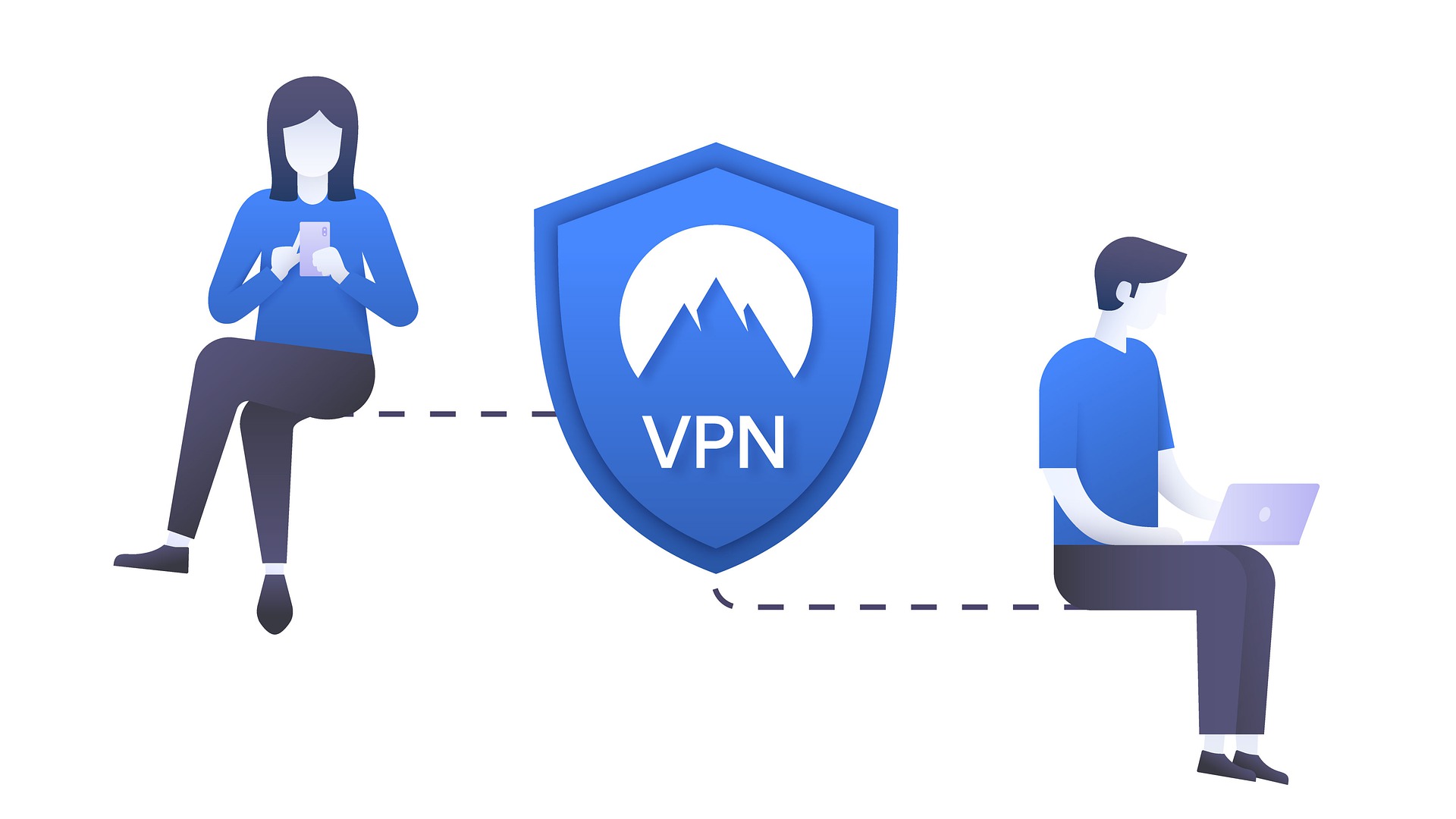
Should You Use A VPN?
We have all been there. Every YouTube advert telling us how vital it is to protect our data and privacy, as though every time we log onto the internet we are at an incredible risk. Sometimes it can feel overwhelming to a point of taking them up and purchasing a VPN that can help us remain safe online through whichever browser we have as our default, for example, if one of us is a Firefox user, then we may want to look for the best firefox vpn to download, although the marketing can be so difficult between the VPN providers that it only provides more confusion and concern.
What Is A VPN
A VPN or a Virtual Private Network is a network created to treat a portion of an open network as a private network which is not accessible from unrecognized outside sources. This is a fantastic tool for businesses networking uses, but this is not the key point marketed to normal consumers. To consumers, the main points to take away are:
- End-to-end encryption – Your Data is encrypted on your device and is only decrypted at the VPN provider’s server before going to your intended endpoint.
- IP address – Your IP address no longer relates to you directly and rather shows up as that of the VPN server you have selected.
This can be considered somewhat an oversimplification of a VPN service, as there are a lot of different types of security protocols that come into play. This is, however, enough information to decide if a VPN is right for you.
What A VPN Is Not
Contrary to what some marketing may have you believe; a VPN is not the final step in online security.
- Encryption – Your data is encrypted yes, but only to the VPN server, after that, when going to your selected endpoint, there is no encryption unless it is provided by the website.
- IP – Your IP is no longer visible, which is a great way to avoid tracking. This does work well for normal advertising but is limited in itself. There are other ways to track your online presence, so anonymity is never truly assured.
- Logs – Most VPN suppliers will claim that they do not store logs. Unfortunately, for consumers, there is no way to verify this statement. We have seen cases in the past where VPN companies have kept logs and given said logs up when requested by government. This should not be an issue to a regular consumer but is good to know when choosing a VPN service.
This may all sound extremely negative and yes, there are pitfalls to the process. If you are just a regular consumer who wants to win playing online, these things should not particularly matter to you.
Who Needs A VPN?
Not everything about a VPN is negative, there are a few use cases in which a VPN is highly recommended.
- High threat networks – If you find yourself using a lot of high threat networks like Wi-Fi supplied in coffee shops, airports and hotels, a VPN is definite wise for you. The encryption from your device to the VPN server will protect you from direct attacks on the network
- Regional content – Regional content blocks are annoying. Being able to access a different countries Netflix catalogue or even access your work servers while on holiday in a different country can make a VPN subscription worth it to a lot of users.
- Work use case – In recent times, a lot of people now work from home. Your company may request that you use a VPN when accessing work servers, which makes perfect sense from a company’s security standpoint.
If you do fall into one of the above use cases, a VPN is definitely the right decision for you. Be sure to choose the right VPN for what you need most and to suit your pocket.



